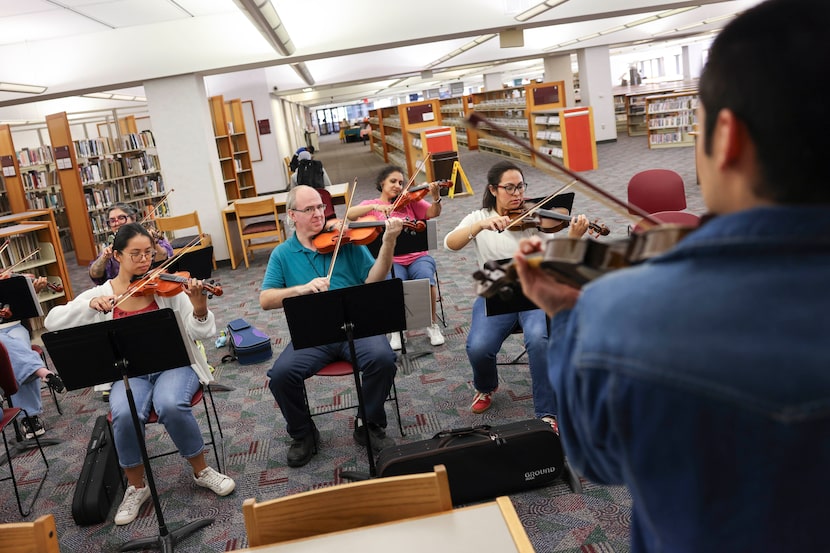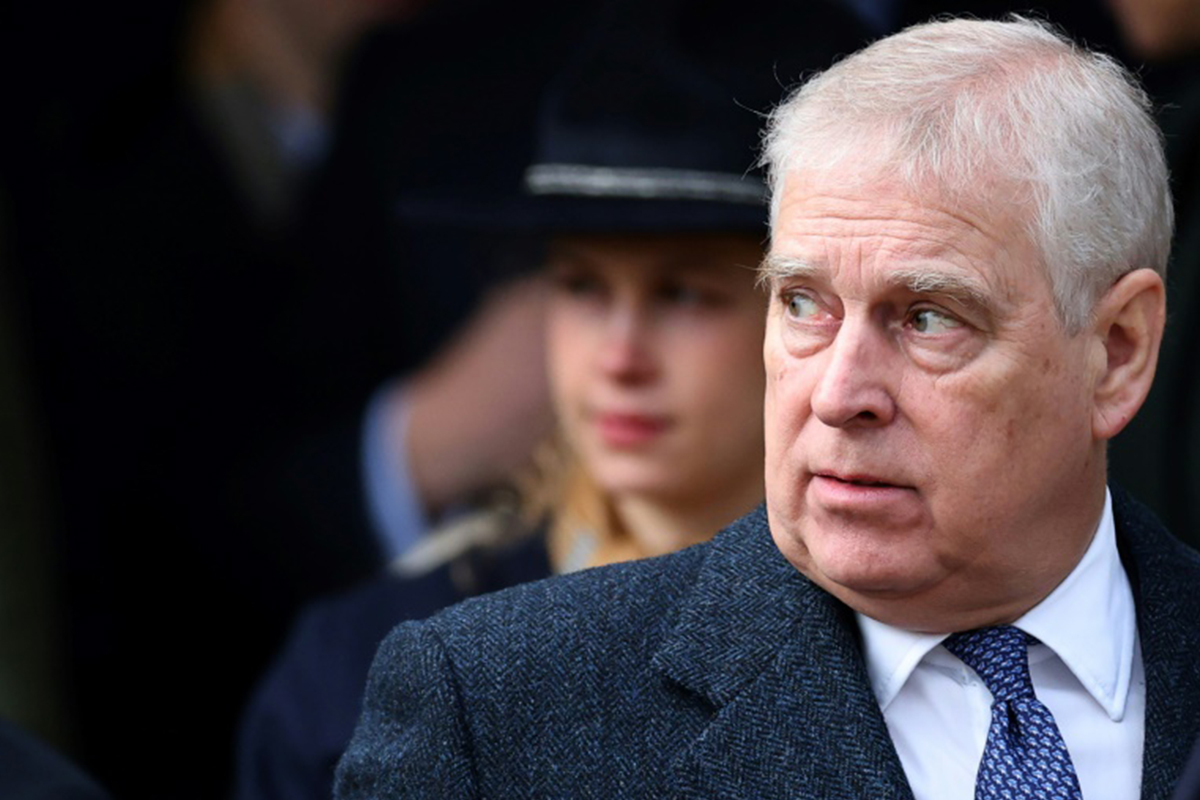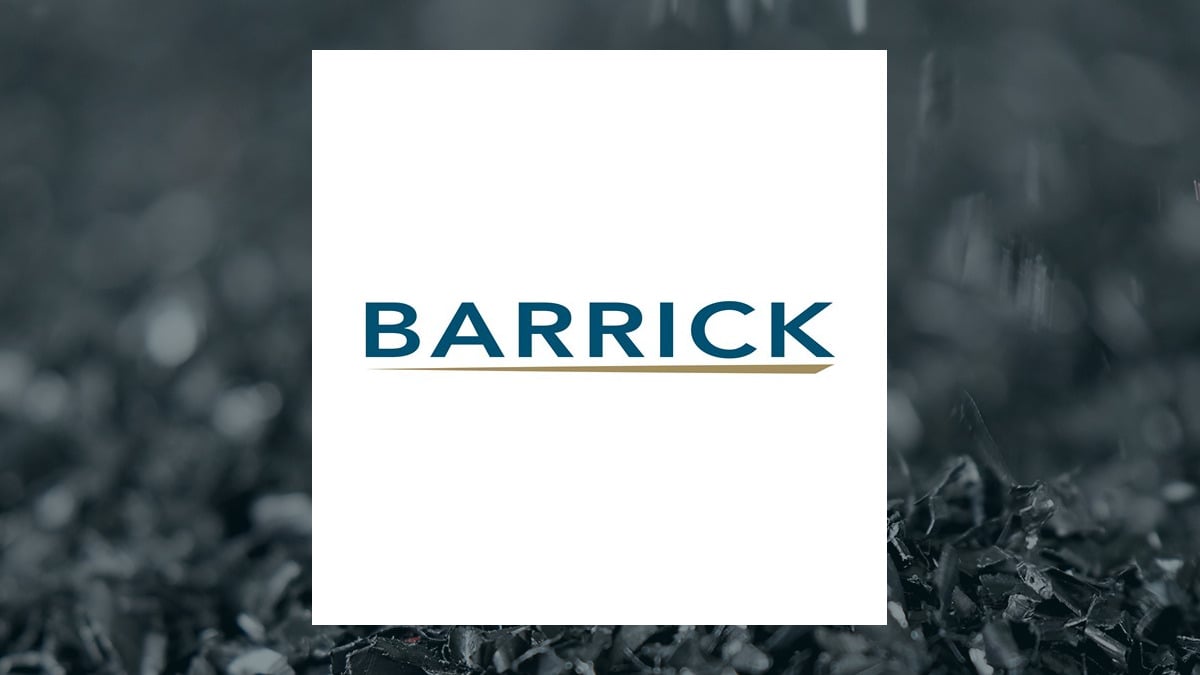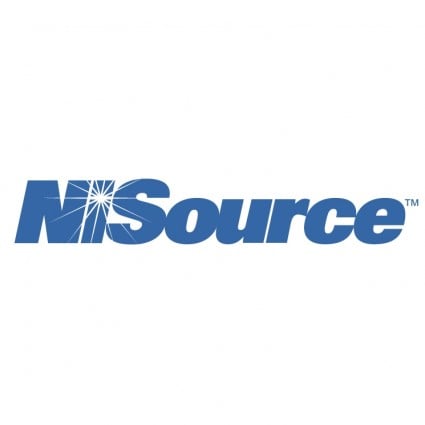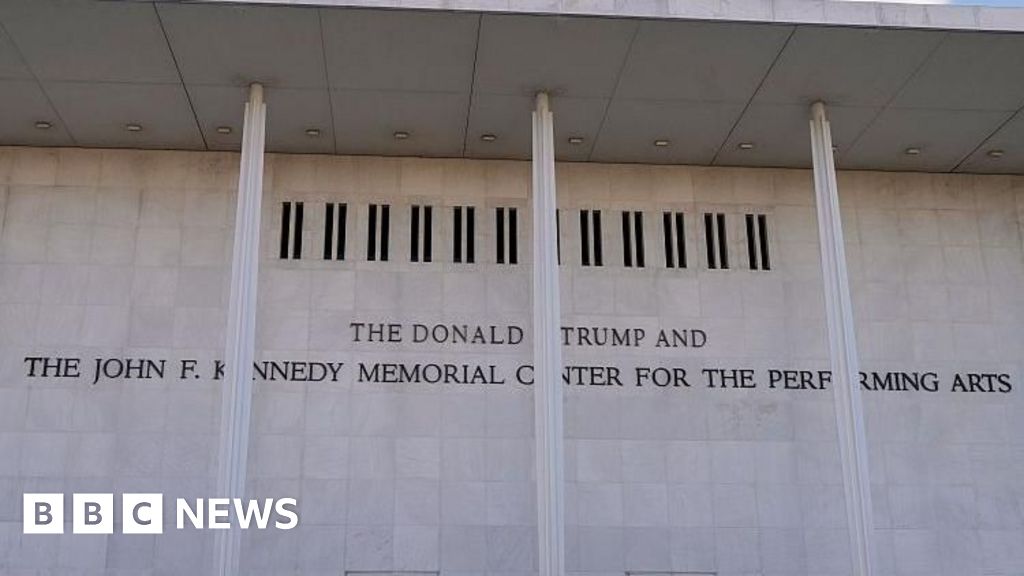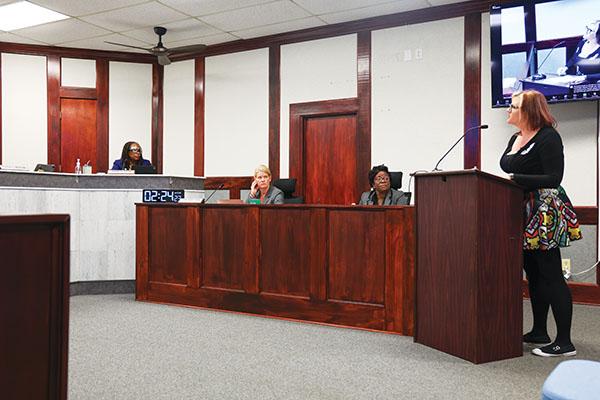The future of the J. Erik Jonsson Central Library in Dallas is under scrutiny, with community members expressing concerns about its potential reimagining and the broader implications for the city’s homeless population. In response to an opinion column by Robert Wilonsky, several readers have voiced their thoughts on the library’s fate, the city’s handling of homelessness, and the transition to clean energy.
Library’s Future Raises Alarm
In his November 12 column, Wilonsky highlighted the challenges facing the J. Erik Jonsson Central Library. Manya Shorr, the current library director, has been brought in to navigate public sentiment surrounding the institution’s future. Critics argue that the city’s approach mirrors tactics employed in nearby Fort Worth, where the narrative suggests that the library is too large, outdated, and underutilized.
Comments from Scott Grant Barker of Saginaw reflect a broader unease about the potential closure of such an important community resource. He warns that diminishing the library’s role could sever a vital connection to the community’s history and knowledge. Barker points to what he perceives as a disturbing trend in Texas to prioritize profit over public resources.
Homelessness and Urban Planning Concerns
Another reader, Ted Stone from Dallas, emphasized that the downtown area’s issues are deeply intertwined with homelessness. He recalls the failed efforts in 2005 to establish a homeless shelter, which he claims have led to increased crime and fear among residents and workers. Stone advocates for relocating homeless services to areas outside downtown to improve the urban environment.
Stone’s proposed solution includes building new, high-quality homeless facilities near the Stemmons Corridor, an area known for its proximity to health services. He believes addressing homelessness effectively requires a strategic reevaluation of where these services are located.
Clean Energy and Economic Concerns
The dialogue also extends to economic issues, with readers weighing in on the transition to clean energy. Hiba Malik from Temple commended Richard Howe for his insights on clean energy, emphasizing the dual necessity of pragmatic economic reasoning and a moral imperative to protect the environment. Malik urges that both logical and compassionate approaches are essential for a sustainable future.
Meanwhile, in a separate commentary, David McDonald from Heath expressed his views on current economic policies, specifically criticizing tariffs imposed by former President Donald Trump. McDonald likens the situation to a comedic moment from a 1970s sitcom, illustrating the absurdity he perceives in the economic landscape.
Community Engagement in Local Culture
Lastly, there is a call for increased visibility of local high school marching bands, as noted by Meryl K. Evans from Plano. She reminisces about her long-standing support for marching band competitions, expressing disappointment at their lack of televised coverage. Evans advocates for greater public appreciation and exposure of these cultural events, highlighting their significance in fostering community spirit.
As the discussions around the Dallas Central Library, homelessness, clean energy, and local culture unfold, it is clear that these issues resonate deeply within the community. Residents are eager to engage in meaningful dialogue about the future of their city and its public resources.

